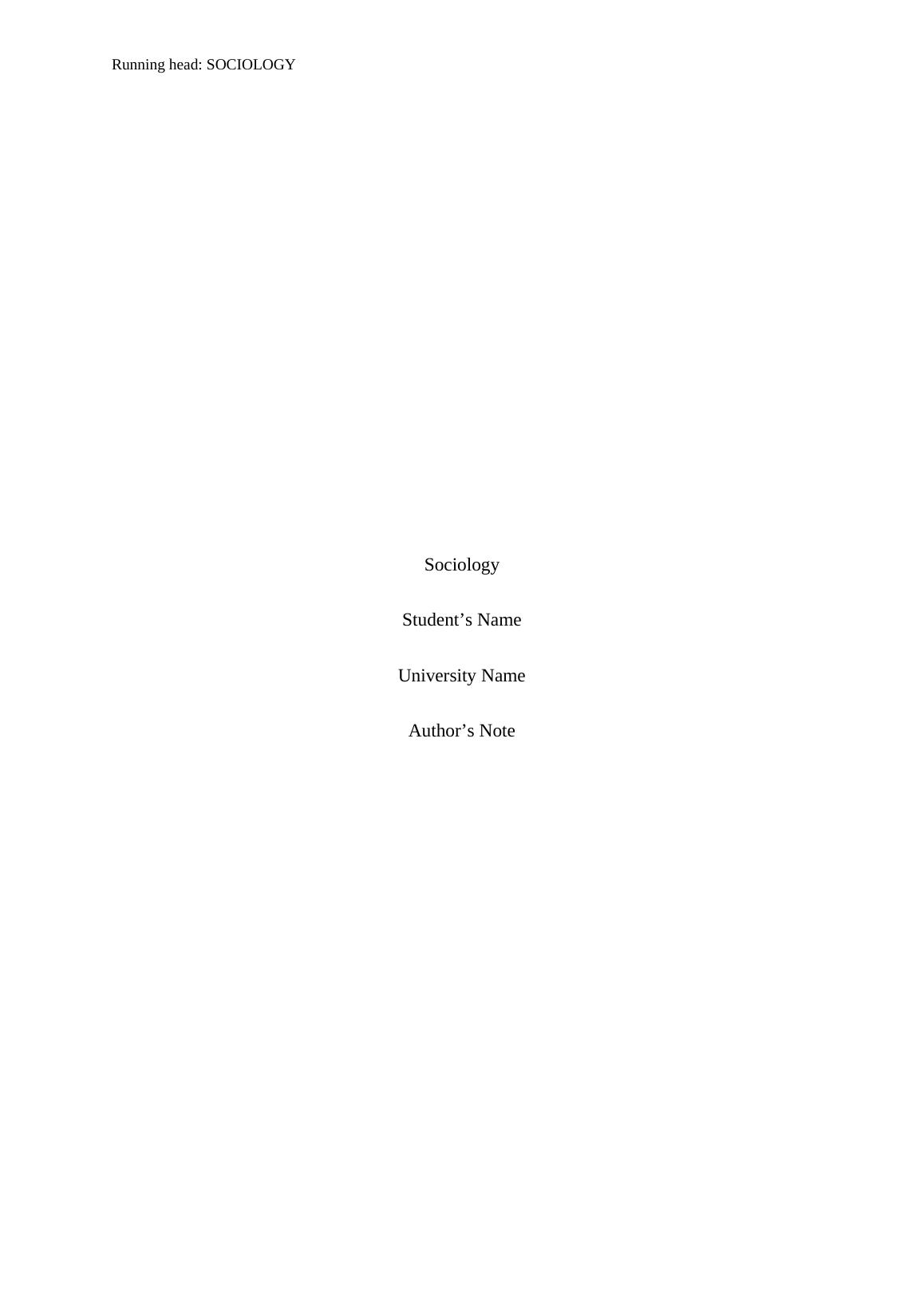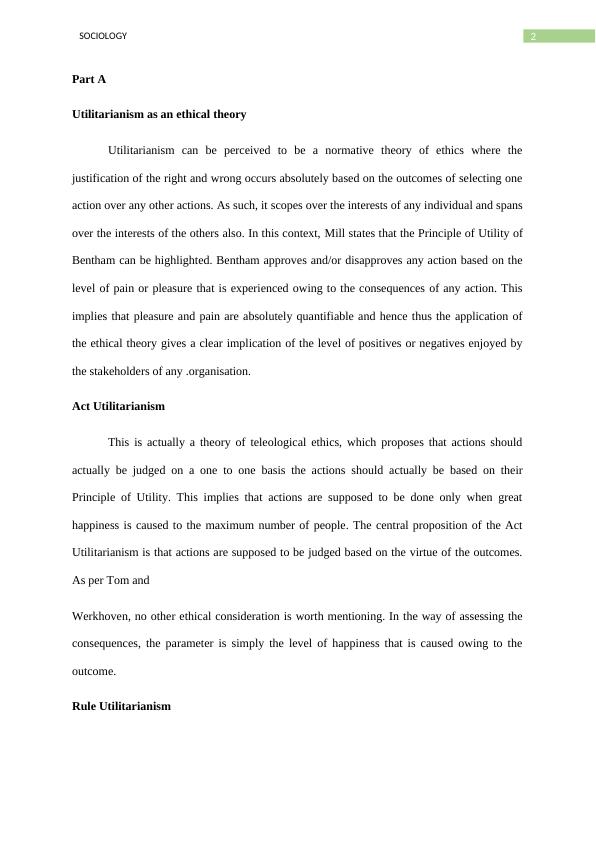Utilitarianism as an ethical theory
Added on 2023-04-26
About This Document
In this document we will discuss about utilitarianism as an ethical theory and below are the summary points of this document:-
-
Utilitarianism, a normative theory of ethics that bases right and wrong on the outcomes of actions.
-
Act Utilitarianism judges actions based on their Principle of Utility, which is the level of happiness caused to the maximum number of people.
-
Rule Utilitarianism suggests that people should live by a framework of rules intended towards maximum utility.
-
However, there are criticisms of Utilitarianism, including the focus solely on consequences and ignoring intentions.
-
The second part of the document discusses Nietzsche's emphasis on self-realization without relying on supernatural powers and his cosmologic theory of the will to power.
-
Critics have raised questions about the coherence of Nietzsche's views.
-
The document also discusses Kantian ethics, which prohibits certain actions even if they bring about greater happiness.
-
Followers of Kantian ethics ask two questions before committing to any action: whether it is rational for everyone to act as they are willing to act and whether there is respect for the goals of human beings.
Utilitarianism as an ethical theory
Added on 2023-04-26
End of preview
Want to access all the pages? Upload your documents or become a member.


